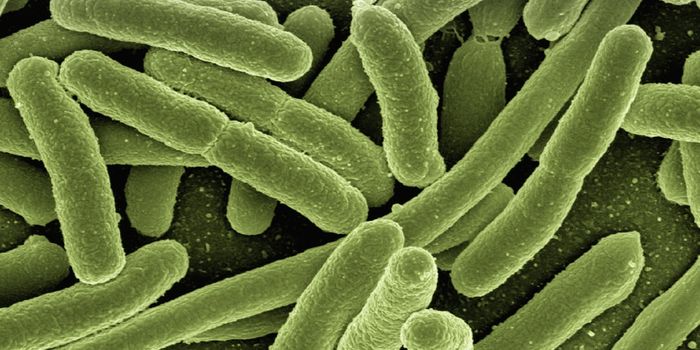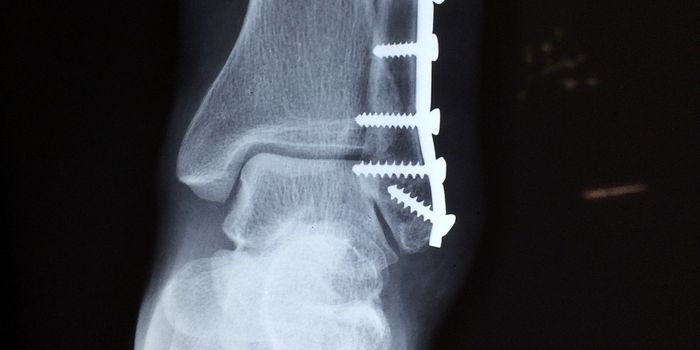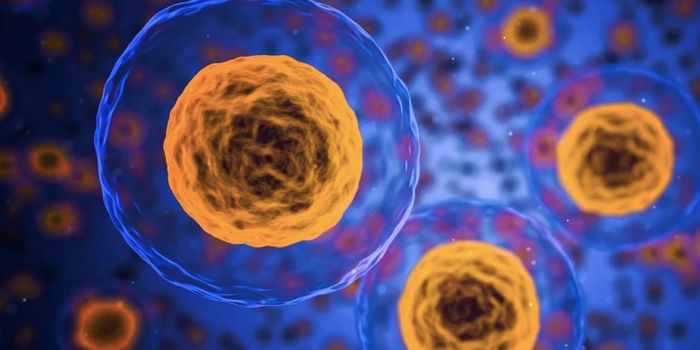Rare Genetic Condition Discovered in Ancient Human
While most of us are born with 2 sex chromosomes in either a combination of XX or XY, there are many cases of people who carry extra sex chromosomes. When men carry an extra X chromosome, it causes a condition known as Klinefelter syndrome. After an analysis of a 1,000-year-old skeleton that was recovered in Portugal, researchers have found evidence of an ancient case of the syndrome, which is now the oldest case if Klinefelter syndrome ever discovered. The findings have been reported in The Lancet.
Advances in genetic technologies have enabled scientists to assess genetic material that is found in extremely old samples. This particular specimen was also very well preserved. Radiocarbon dating suggested that it dates back to the 11th century, but the researchers were still able to extract DNA from it.
"We were immediately excited the first time we looked at the results," said study coordinator Dr. João Teixeira of The Australian National University. "However, ancient DNA is often degraded and of low quality and abundance, meaning we were initially cautious."
Since the DNA was in such a "fragile state," the scientists created "a new statistical method that could take into account the characteristics of ancient DNA." Computational tools were used to fill in some of the gaps in the sequence, which could then be compared to reference sequences of the human genome. The appearance of the skeleton also indicated that the individual had Klinefelter syndrome. Using statistical, genetic, anthropological and archaeological data, the team confirmed the diagnosis, Teixeira added.
Klinefelter syndrome now occurs in about one in 1,000 births of genetic males. This data can help researchers understand how common this condition has been throughout human history, and the history of the disorder. No sociological information can be gleaned from these findings, however, noted Teixeira.
The researchers are hopeful that the analytical method that was applied to this skeleton could be used to assess other specimens. We may have a lot to learn about the history of chromosomal abnormalities such as Down syndrome.
"Our research shows the immense potential of combining different lines of evidence to study the human past, and the frequency of different health conditions through time," Teixeira said.
Ancient DNA is not only helping to rewrite the history of human populations around the world, it is also "a valuable resource for biomedical research and the growing field of evolutionary medicine," noted study co-author Bastien Llamas, an Associate Professor and Head of Molecular Anthropology at the Australian Centre for Ancient DNA.
Sources: Australian National University, The Lancet









